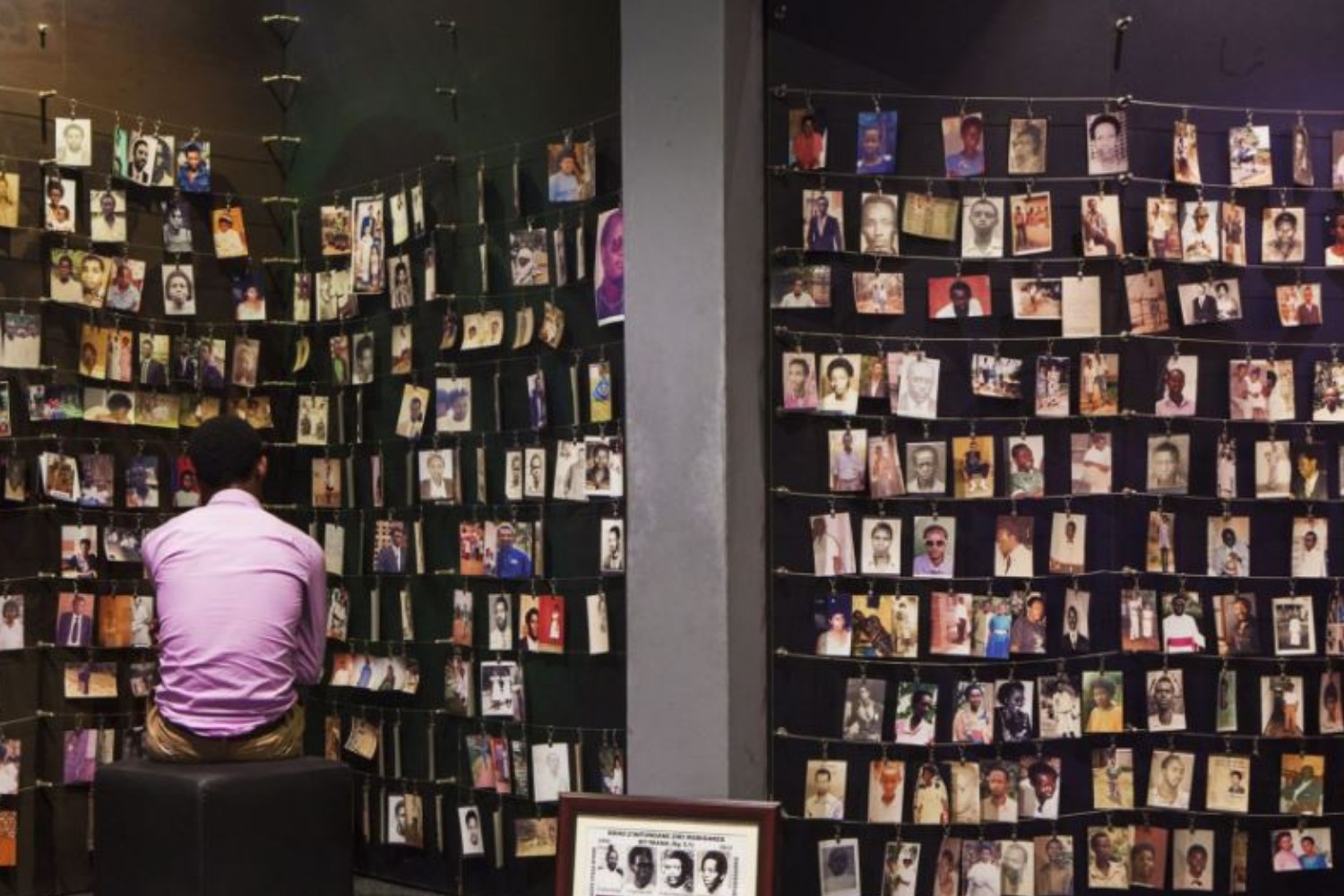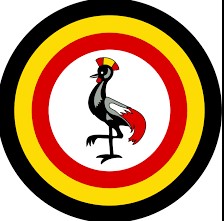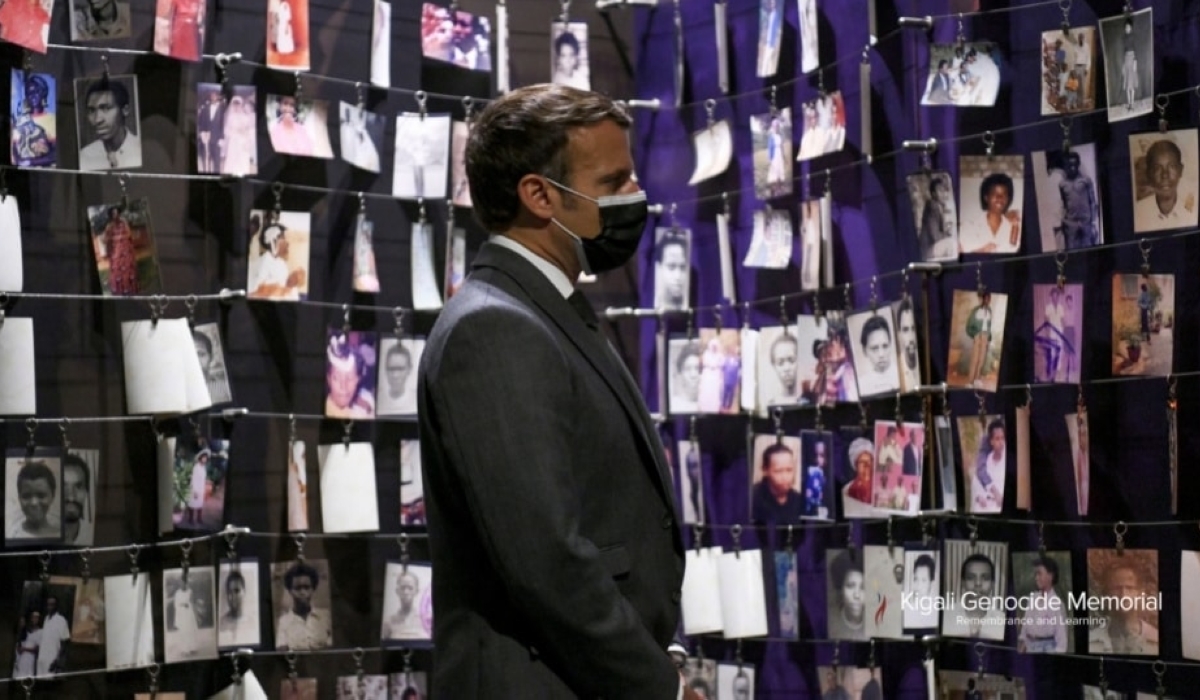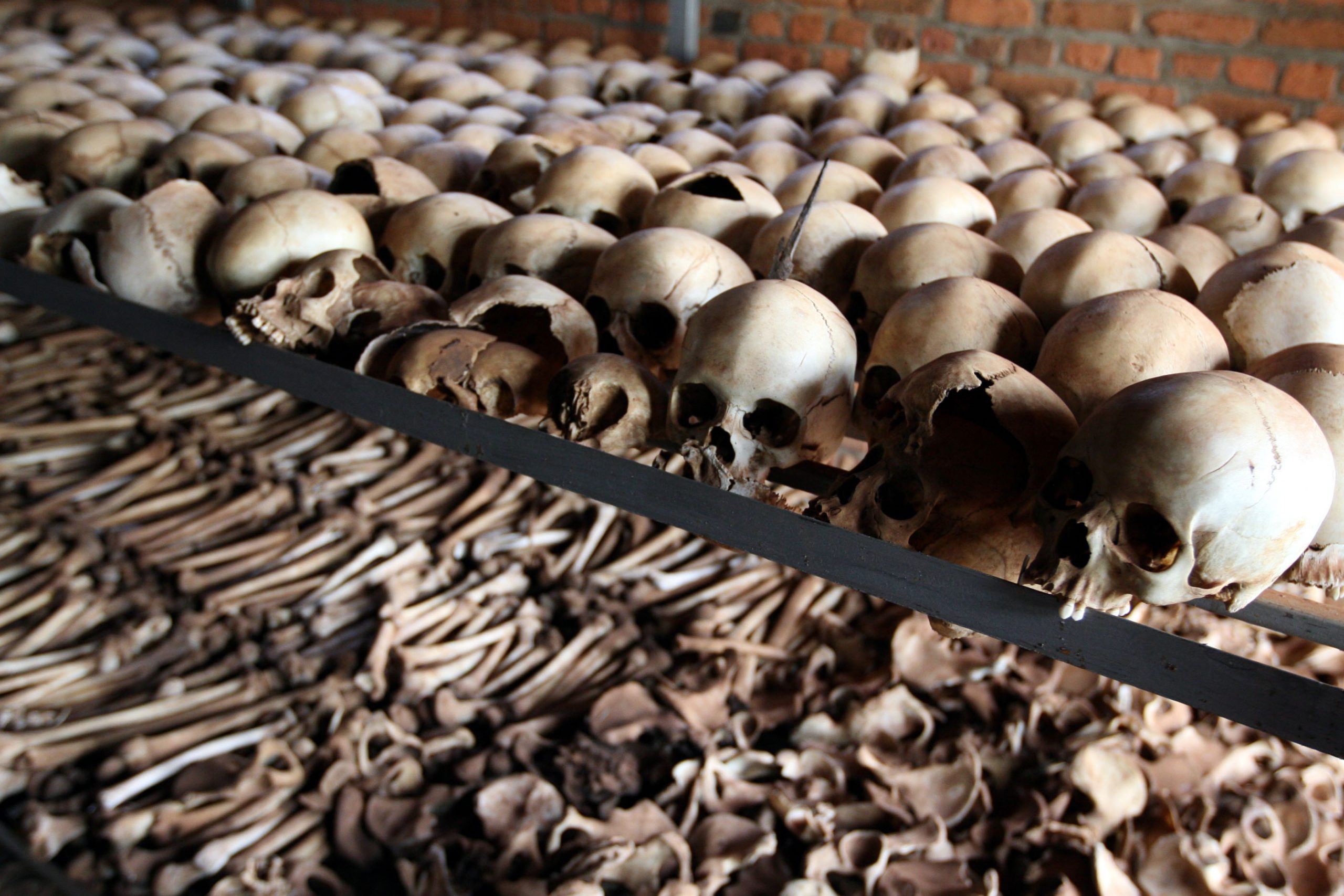International
30 years after Genocide against the Tutsi, international community shields genocidaires

Reflecting
on Rwanda’s journey for the last 30 years, there have been many milestones. The
country emerged from the hopeless state it was in when the 1994 Genocide
against the Tutsi was put to an end, to the respected nation-state that it is
today, not just in the region but also across Africa and beyond.
However,
30 years later, the international community is still shielding thousands of
genocidaires, ignoring the pleas of genocide survivors to urgently renew its
commitment to ensure justice and accountability.
Three
decades after the Genocide, justice for the victims of the Genocide is more
urgent than ever before.
While
many perpetrators have been tried before the country's traditional Gacaca
courts, as well as by the International Criminal Tribunal for Rwanda (ICTR) and
by courts in Europe and North America under the principle of universal
jurisdiction, recent developments underline the importance of urgently pursuing
justice.
Not
all the perpetrators of the 1994 Genocide have been brought justice. Very many
are still living freely, in foreign countries, with impunity.
According
to data shared by the National Public Prosecution Authority, 1,094 fugitives
indicted for genocide crimes are hiding abroad as efforts to bring them back
into the country to face justice prove futile. Up to 1,148 genocide fugitives
have been indicted since the process began, among them, 25 have been prosecuted
in other countries, while 29 have been extradited and deported to Rwanda for
trial.
There
is need for co-operation with countries to bring perpetrators to justice. Some
countries have no laws that punish genocide and crimes against humanity.
Fugitives change their residences, names, and religion, in their effort to
evade justice. Rwanda doesn't have extradition treaties with some countries
hosting the fugitives, making it difficult for extradition of the suspects to
face trial on Rwandan soil.
However,
in some countries there is a lack of political will. In collaboration with
Rwanda, the International Residual Mechanism for Criminal Tribunals Mechanism
(IRMCT) which took over from ICTR, made some progress tracking down and
prosecuting the fugitives.
In
2023, Serge Brammertz, the IRMCT prosecutor, said many fugitives abused their
processes of refugee status to conceal their alleged criminal records. He said
while tracking down the four remaining ICTR fugitives, his office uncovered
more fugitives in countries around the world.
Between
May 2020 and November 2023, the IRMCT Fugitive Tracking Team confirmed the
deaths of four of the most wanted fugitives indicted by the ICTR.
After 30 years, every passing day is one too many. Bringing perpetrators to justice is one of the many ways of honoring the memories of the victims of the 1994 genocide and to deliver justice for survivors.








